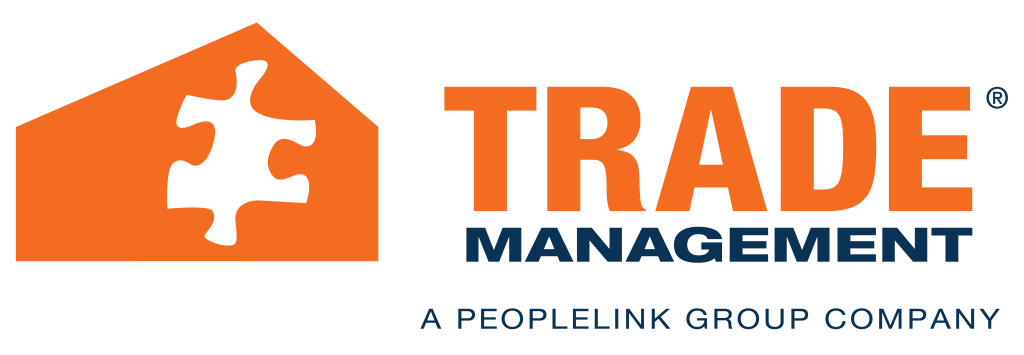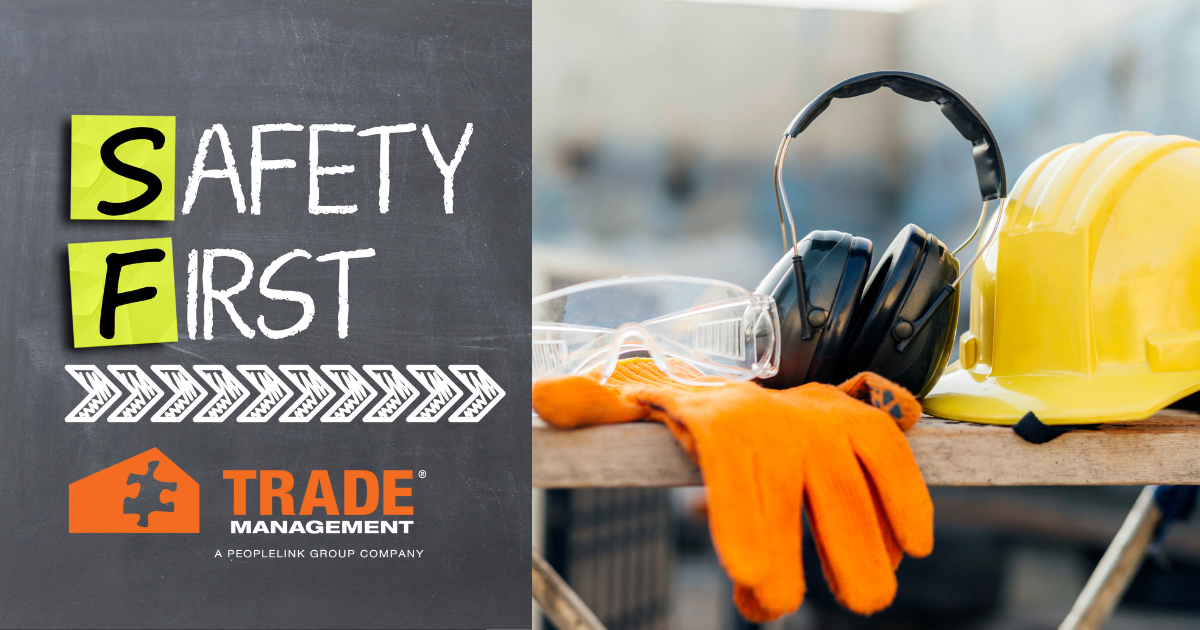Why Trade Interviews Matter
Skilled tradespeople remain in high demand across the United States. According to the Bureau of Labor Statistics, construction and extraction occupations are projected to grow about 5% from 2024 to 2034, with an estimated 649,000 jobs added each year. This growth, paired with ongoing labor shortages in key markets, means employers are looking for the right people just as much as candidates want the right roles.
Despite high demand, many employers report challenges finding workers who not only have the necessary skills but also soft skills, safety awareness, and teamwork, traits that matter deeply in interviews and on site. In this environment, what employers really want to see in trade interviews is proof of tool and technique knowledge as well as evidence of behavior, attitude, and ability to quickly integrate into a team.
What Employers Really Look For
Punctuality and professionalism are key to mastering your skilled trades interview. First impressions count. Employers want candidates who arrive early and carry themselves professionally. Punctuality not only reflects reliability but also an understanding of jobsite expectations, where timing impacts crews and schedules.
In addition to demonstrating professionalism and being punctual, safety is a high priority. According to OSHA, falls and other hazardous incidents continue to be among the top causes of injury in construction and skilled trades. Safety training certificates (OSHA 10/30), awareness of site protocols, and a willingness to talk through how you mitigate risk demonstrate a safety mindset. Bringing up past safety accomplishments such as zero-incident periods or mentoring peers in safe practices makes an immediate positive impression.
Beyond a safety mindset, trades project work requires clear communication. Employers want to know if you can ask questions, interpret instructions, and collaborate with crew members. When candidates talk through scenarios, including challenges and how they resolved them, they show maturity and team orientation.
Equally important as communication skills is coachability. Every job site has its own culture. Employers want workers who are respectful and open to feedback. Coachability, the willingness to listen and improve, is one of the top predictors of long-term success. Candidates who express openness to learning and adapting stand out.
Tips from Trade – Master Your Next Skilled Trades Interview
We asked Chris Lyle, Trade Management’s Service and Delivery Manager, to share insider tips on how to achieve skilled trades interview success. What can you do to master your next skilled trades interview?
- Dress for the job. Do not under-dress for your interview. Dress as though you are going to the job site right away because you may be! Work boots, jeans, and a clean shirt are appropriate attire.
- Back up your technical ability with evidence. While soft skills are key, employers absolutely need confirmation of technical competence. Candidates should be prepared to describe how they performed tasks, what tools or equipment they used, and what standards they followed. Whether it is reading blueprints, welding tasks, or tooling maintenance, specificity is credibility.
- Do interview prep. If you are applying for a specific position, research the company. Find out what they can do and how you can help them. Be prepared to sell yourself as a fit for the position.
- Come in confident. When you sit across from the recruiter, convey confidence in your knowledge.
- Confirm you’ve fully answered questions. The best way to make sure you have provided a complete answer to the interviewer’s inquiry is to ask them. When you have finished answering a question, confirm with the interviewer that you have fully addressed the issue.
- Learn from the interview experience. Always be a student. Even if you do not get the job, what can you learn from the interview? Make a note of the questions the interviewer asked so you can better flesh out your answers for future interviews.
Prepare, Show Up, and Succeed with Trade Management
Mastering trade job interviews involves blending soft skills, safety awareness, and hard evidence of skills. How does Trade Management help skilled trades candidates stand out? Through our NCCER accreditation, Trade Management trains, tests, and certifies skilled tradespeople to the highest national standards. Ready to build your career? Contact us today to reap the benefits of our training-focused staffing service.










